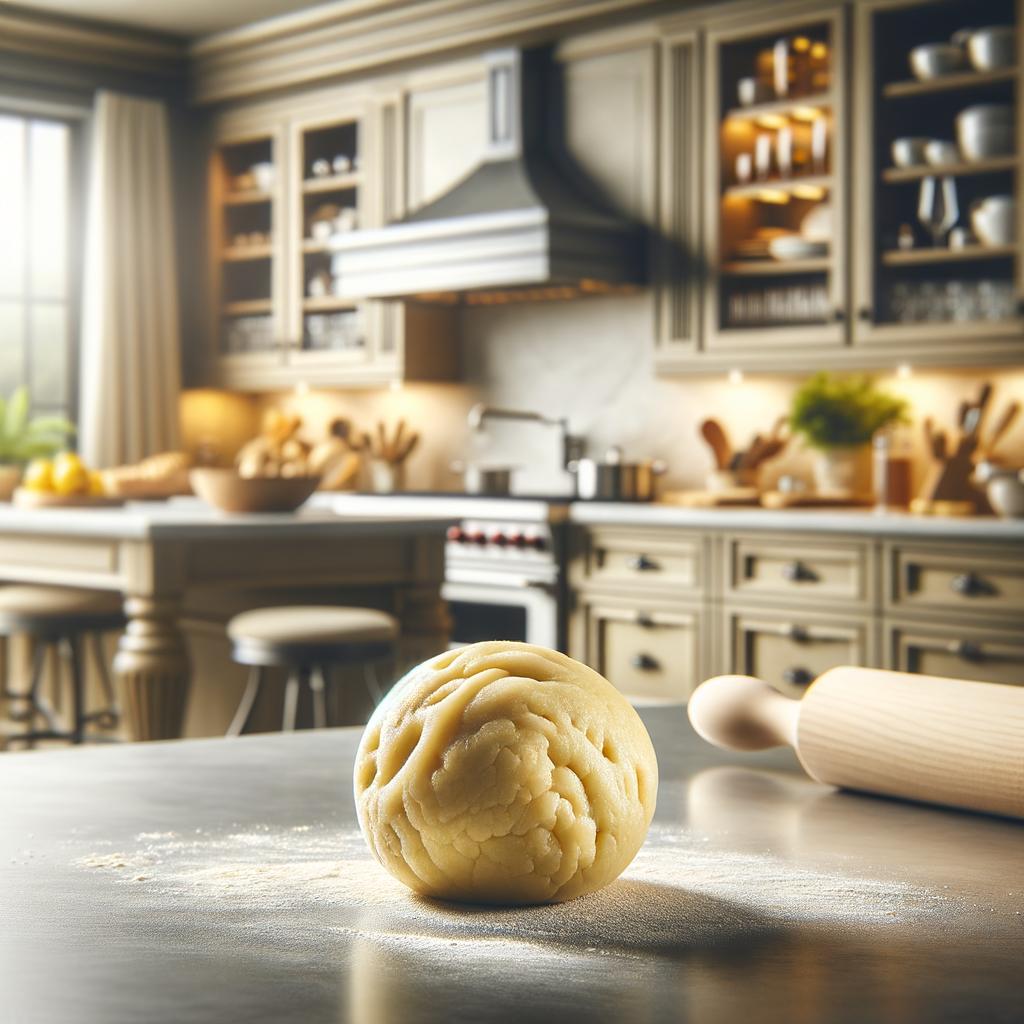Corn Dough

Description
Corn dough, a simple yet versatile ingredient, is a staple in many traditional cuisines around the world. Its appearance is unassuming – a soft, malleable mass that is usually off-white or yellowish, depending on the type of corn used. The texture is smooth and pliable, with a slight stickiness that allows it to be easily shaped and molded. It carries the sweet, earthy flavor of corn, with a hint of nuttiness that adds depth to its profile. What sets corn dough apart from similar ingredients like wheat dough is its gluten-free nature, making it a suitable choice for those with dietary restrictions.
Primary Uses
The uses of corn dough are as diverse as the cultures that utilize it. In Mexican cuisine, it forms the basis for tortillas, tamales, and empanadas. In African cooking, it's used to make dishes like banku and kenkey. In the United States, it's often used to create the beloved comfort food, cornbread. Beyond its culinary uses, corn dough also has cultural significance. In many societies, the act of preparing the dough is a communal activity, often associated with celebration and unity.
History
The history of corn dough stretches back to the ancient civilizations of Mesoamerica. The Mayans, Aztecs, and other indigenous cultures relied heavily on maize, from which corn dough is made. They developed a process known as nixtamalization, where the corn is soaked and cooked in an alkaline solution, then hulled. This process increases the nutritional value of the corn, making it a sustainable food source. Over time, as corn spread to other parts of the world, so did the use of corn dough. There's an old Native American legend that a crow brought corn from the spirit world, explaining its divine origin.
Nutritional Information
Corn dough is rich in carbohydrates and fiber, providing a steady release of energy. It also contains essential minerals like magnesium, phosphorus, and zinc. Thanks to the process of nixtamalization, it's a good source of niacin, a B vitamin crucial for energy metabolism. Compared to wheat dough, corn dough is lower in protein and doesn't contain gluten, making it a great alternative for those with gluten intolerance. However, it's important to note that while corn dough is nutritious, it's best consumed as part of a balanced diet to ensure overall health and well-being. The story of corn dough is a testament to human ingenuity, transforming a simple grain into a nourishing, versatile ingredient that continues to sustain and delight us.

